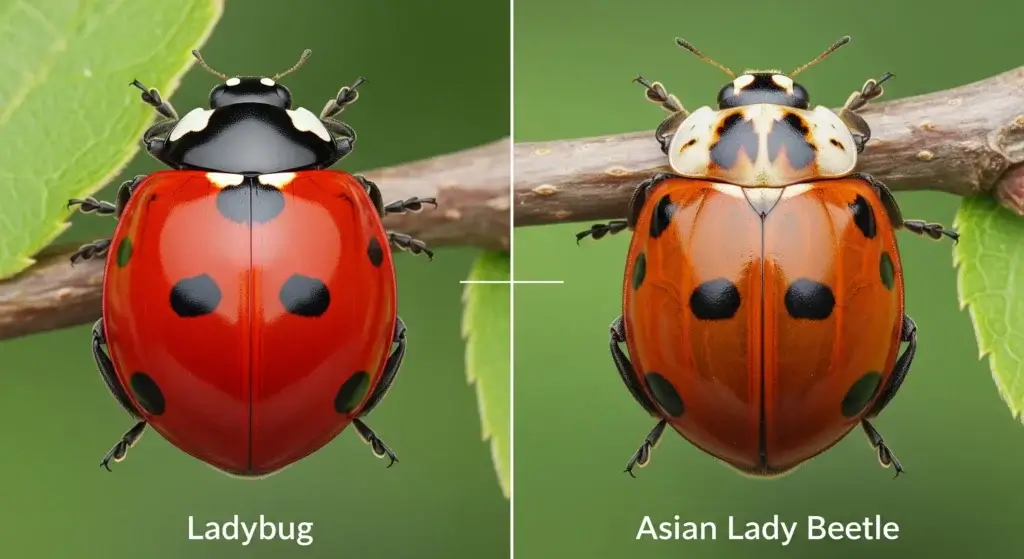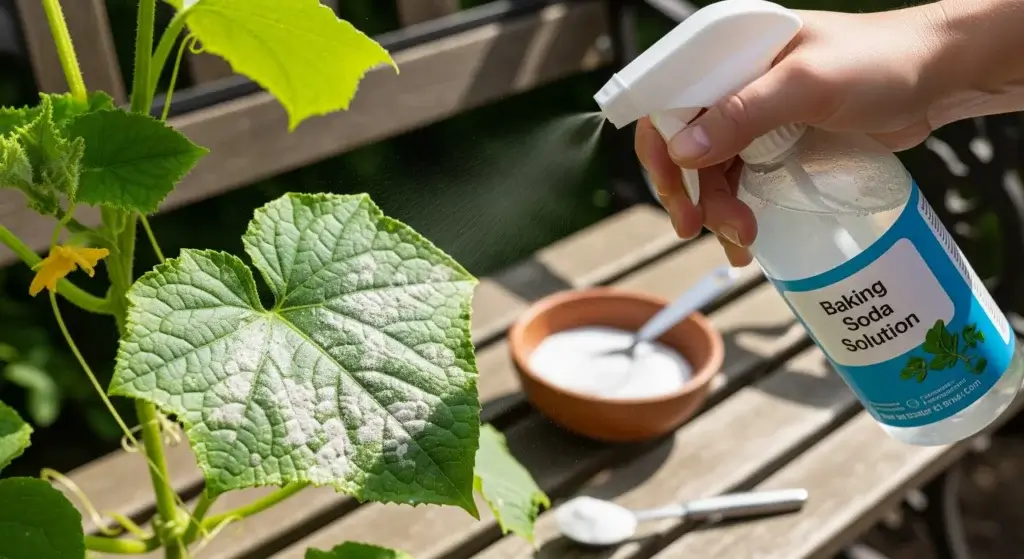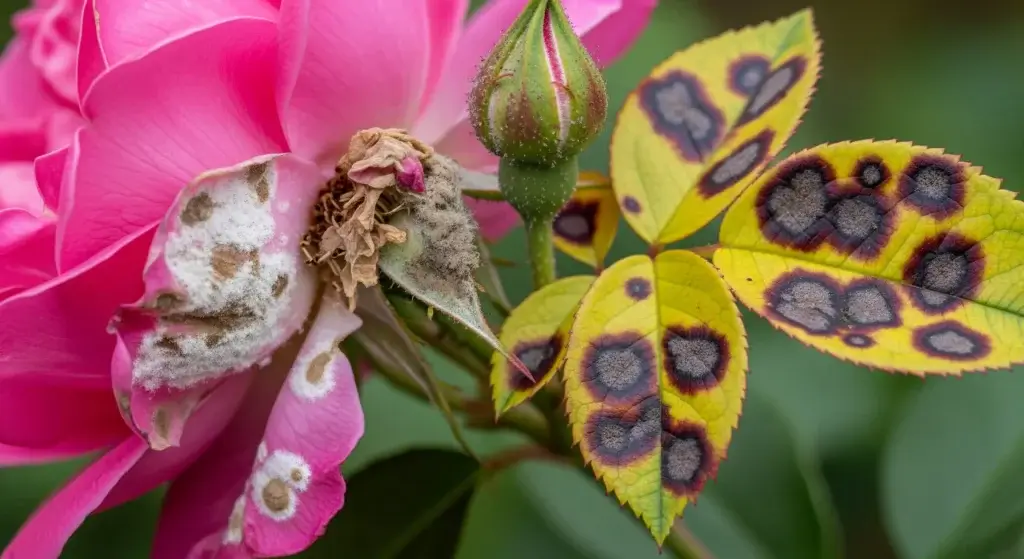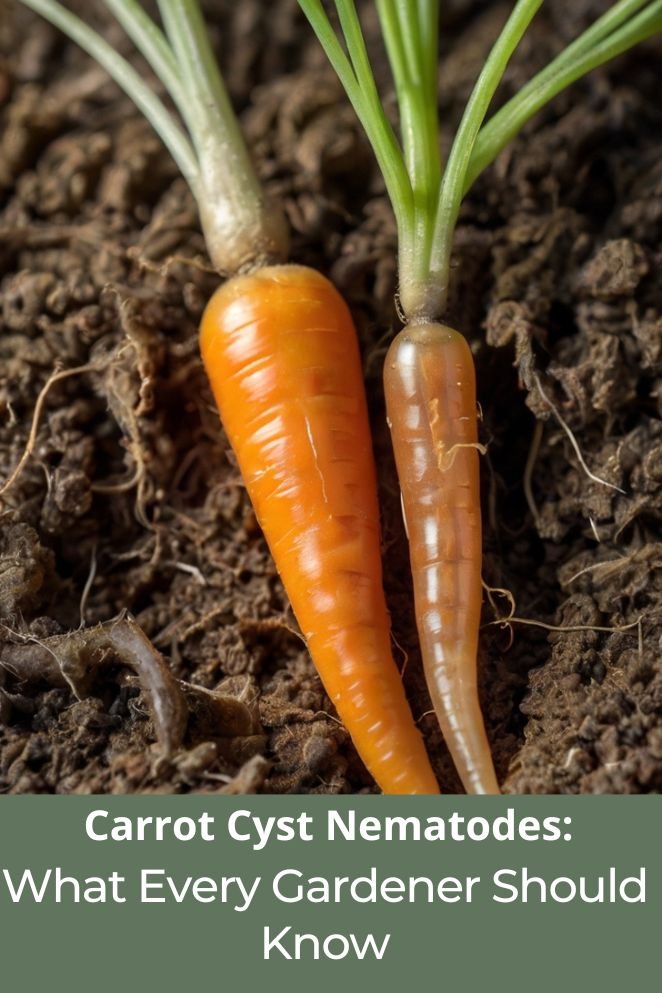
The carrot cyst nematode (Heterodera carotae) is a troublesome pest for anyone growing carrots, whether you’re a farmer or a home gardener.
These tiny, soil-dwelling pests invade the roots of carrot plants, causing serious issues like stunted growth, lower yields, and poor-quality crops.
In this blog post, we’ll take a closer look at what carrot cyst nematodes are, how to spot their infestations, and the different methods you can use to prevent and control them, including both chemical and organic options.
What is Carrot Cyst Nematode?
Carrot cyst nematodes are tiny, microscopic roundworms that target the roots of carrot plants.
When they infect a carrot, they cause cysts to form on the roots, leading to serious damage to the crop.
These pests can be tricky to spot without proper soil testing, but their effect on carrot yields can be quite severe.
Once they enter the root system, female nematodes lay their eggs inside cysts that remain in the soil for many years, even after the carrots are harvested.
This means that the cysts can release new generations of nematodes over time, making it very difficult to get rid of them completely from an infected field.
- Read also: The Hidden Dangers: Common Carrot Diseases and Pests
- Read also: Carrot Fly Damage: Understanding the Problem and Solutions
Symptoms of Carrot Cyst Nematode Infestation
Detecting a carrot cyst nematode infestation early is crucial for managing it effectively.
Some common symptoms of infestation include:
- Stunted growth: Carrot plants infected with nematodes often appear smaller and weaker than healthy plants.
- Yellowing of foliage: The leaves of infested plants may turn yellow due to the reduced uptake of nutrients caused by root damage.
- Forked or malformed roots: Nematodes disrupt the normal development of carrot roots, leading to distorted or forked shapes, reducing their market value.
- Reduced yield: Infested plants produce fewer carrots, and the ones that do grow are typically of lower quality.
If these symptoms are present in your carrot crop, it’s essential to investigate further by conducting a soil test to confirm the presence of nematodes.
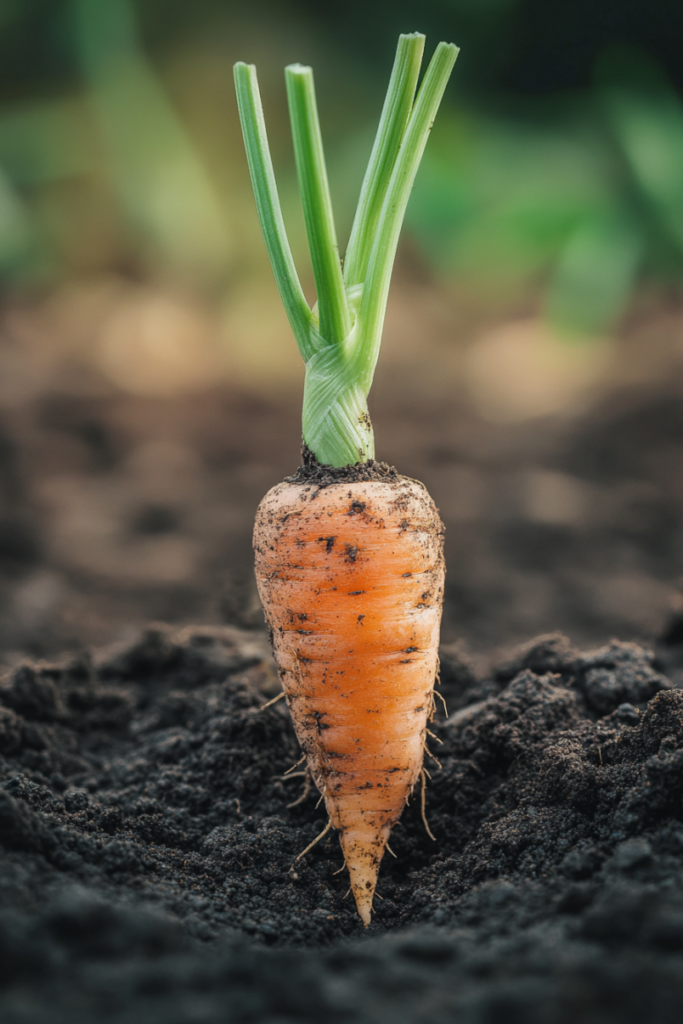
Prevention and Control Measures
While it can be tough to completely eliminate carrot cyst nematodes, there are several effective strategies you can use to reduce their impact on your crops:
Crop rotation to break the nematode’s life cycle
One of the best ways to manage nematode populations is through crop rotation.
Since nematodes depend on host plants, like carrots, to reproduce, rotating with non-host plants can help lower their numbers.
Consider planting crops such as onions, garlic, or cereals.
This practice disrupts the nematodes’ life cycle and minimizes future infestations.
Soil solarization to kill nematodes
Soil solarization is a method that uses the sun’s heat to eliminate pests.
By covering the soil with a clear plastic tarp during the hot summer months, you can trap heat and raise the soil temperature.
This process can kill nematodes, their eggs, and other pests in the soil.
For the best results, leave the tarp in place for 4 to 6 weeks.
Using resistant carrot varieties
Some carrot varieties are bred to be resistant to carrot cyst nematodes.
Choosing these resistant varieties can help prevent infestations or lessen their severity.
It’s a good idea to consult with local agricultural extension services for recommendations on the best resistant varieties for your area.
Nematicides and biological control agents
Chemical nematicides can be effective in controlling nematodes, but they should be used with caution to avoid harming beneficial organisms and the environment.
Always follow local regulations and the instructions on the product label.
Recently, biological control agents, such as certain beneficial fungi and bacteria, have emerged as alternatives to chemical treatments.
These natural organisms’ prey on nematodes, helping to reduce their populations without damaging the ecosystem.
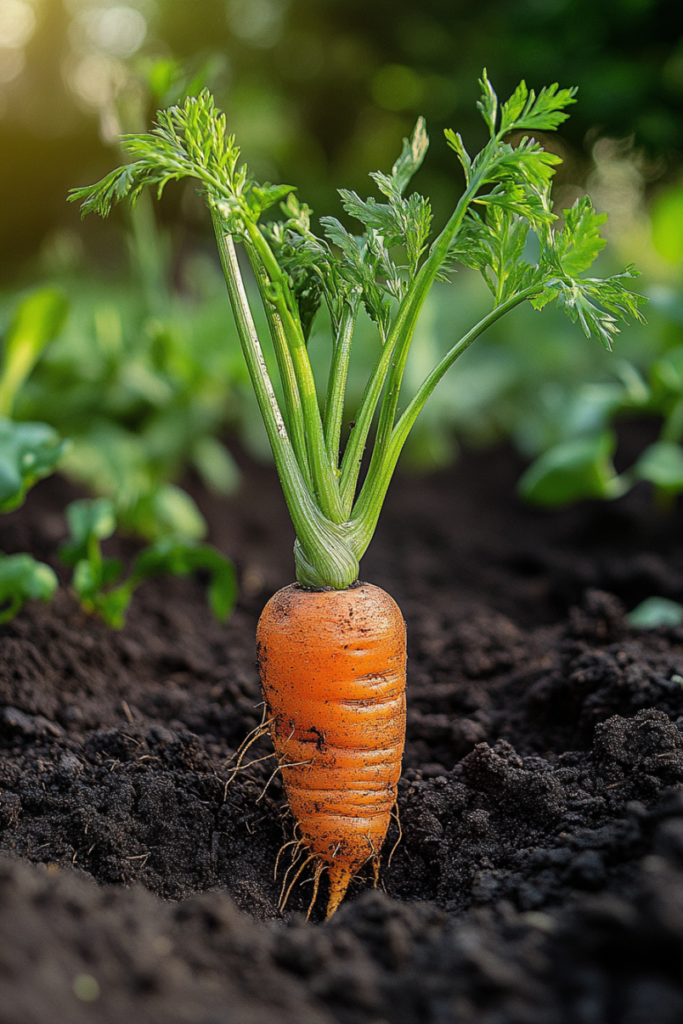
Organic Approaches to Managing Carrot Cyst Nematodes
If you prefer to garden organically, there are several effective techniques to help manage carrot cyst nematodes without using synthetic chemicals.
Here are some organic methods you can try:
Companion planting to deter nematodes
Companion planting involves growing certain plants alongside your carrots that naturally repel nematodes.
For example, marigolds are known for their ability to release chemicals from their roots that can suppress nematodes.
By planting marigolds around your carrot beds, you create a natural barrier against these pests, helping to protect your crop.
Cover cropping to improve soil health
Cover crops such as mustard, rye, or clover can be planted during the off-season to enhance soil health and reduce nematode populations.
When these cover crops decompose, they release biofumigant compounds that help diminish nematode activity in the soil.
This practice not only supports nematode management but also improves soil structure and fertility.
Using organic nematicides
There are various organic nematicides available that are made from natural ingredients, like neem oil or plant extracts.
These products can effectively manage nematode populations while being gentle on beneficial insects and pollinators.
They provide an eco-friendly option for controlling nematodes without harming the broader ecosystem.
Preventing the Spread of Carrot Cyst Nematodes
Preventing the spread of carrot cyst nematodes is just as crucial as managing any existing infestations.
Here are some important practices to help keep your garden safe:
Cleaning equipment and tools
Nematode cysts can easily stick to garden tools and equipment.
To prevent spreading them to other parts of your garden, make sure to clean and disinfect your tools after working in infested areas.
A simple wash with soapy water can make a big difference.
Avoiding contaminated soil
When bringing new soil or plants into your garden, be cautious.
They might carry nematodes along with them.
Always source your materials from trusted suppliers to minimize the risk of introducing these pests to your garden.
Implementing good garden hygiene practices
Practicing good hygiene in your gardening routine is essential.
Regularly clean your equipment, wash your hands after handling soil, and avoid moving contaminated soil around.
These small steps can help prevent nematode infestations from spreading to new areas in your garden.
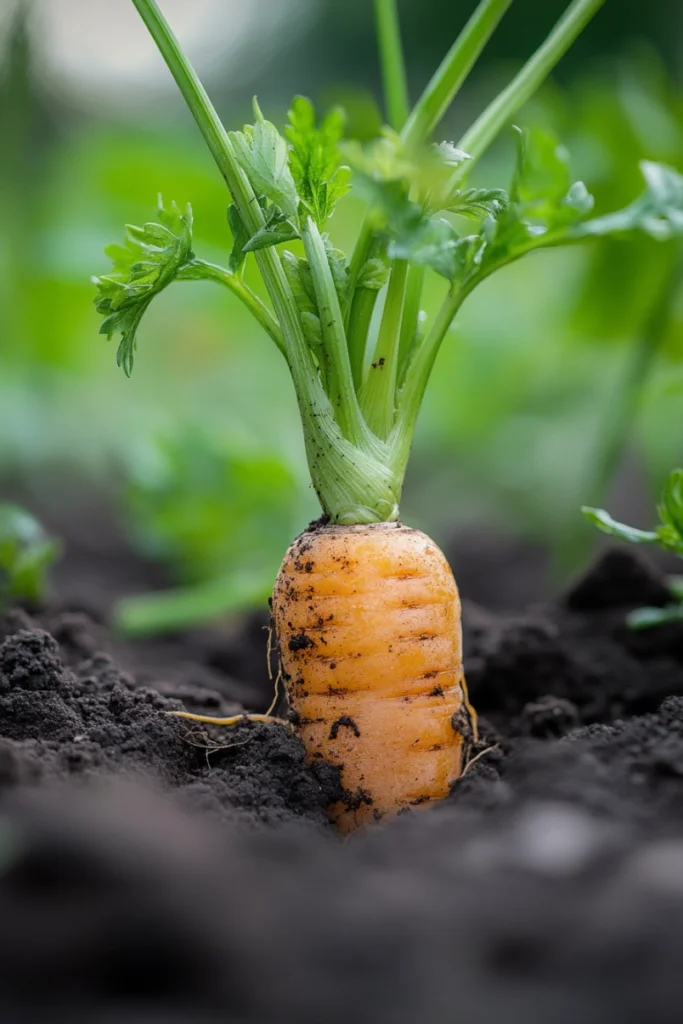
Long-Term Strategies for Managing Carrot Cyst Nematodes
Managing carrot cyst nematodes requires ongoing attention and planning.
Here are some effective long-term strategies to help keep your garden healthy and free from these pests:
Integrated Pest Management (IPM) approach
Integrated Pest Management (IPM) is a smart strategy that combines different techniques to manage pests while being kind to the environment.
This approach includes biological controls (like using natural predators), crop rotation, and organic treatments.
By using a variety of methods, you can effectively reduce nematode populations and create a healthier garden ecosystem.
Monitoring nematode populations
Keeping an eye on nematode populations in your soil is essential for catching problems early.
You can use soil testing kits to check for the presence of nematodes.
Regular monitoring allows you to take action before the pests cause serious damage to your carrot plants.
Developing sustainable control methods
Research is continually finding new ways to manage nematodes in environmentally friendly ways.
This includes creating new carrot varieties that resist nematodes and improving biological control methods.
By staying informed about the latest developments, you can adopt sustainable control measures that benefit both your garden and the environment.
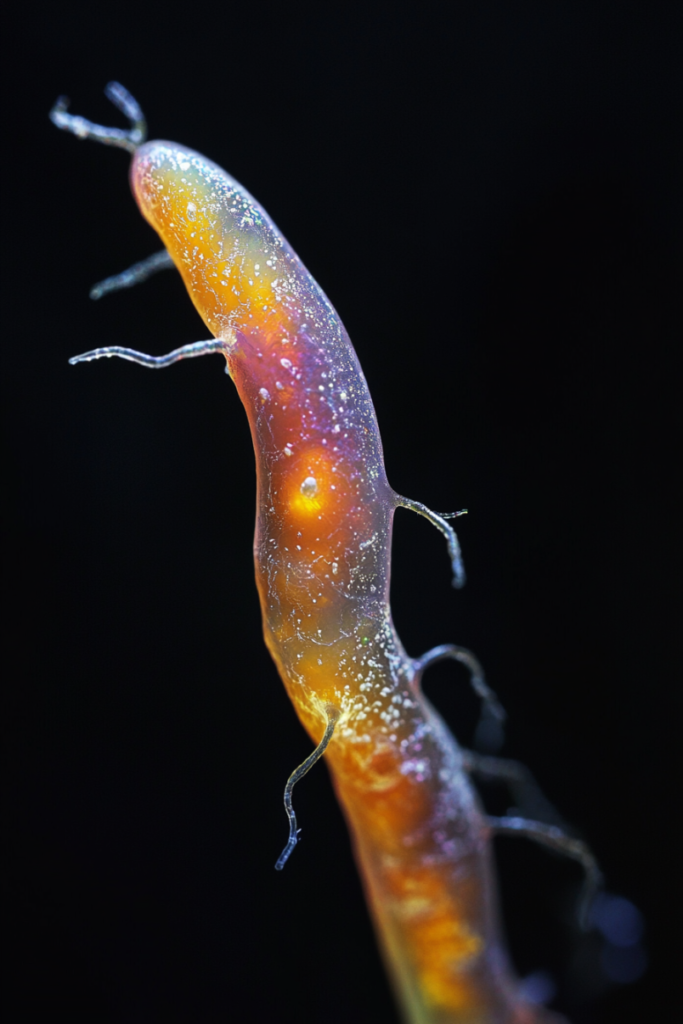
- Read also: Tips for Gardeners: A Guide to Common Spinach Pests and Diseases
- Read also: Protecting Your Beans: Unveiling Common Pests on Beans
Final Thoughts
Dealing with carrot cyst nematodes can be frustrating, but with the right strategies, you can effectively manage their impact on your crops.
By combining preventative measures like crop rotation, organic controls like companion planting, and long-term IPM strategies, you can keep your carrot plants healthy and productive for years to come.

